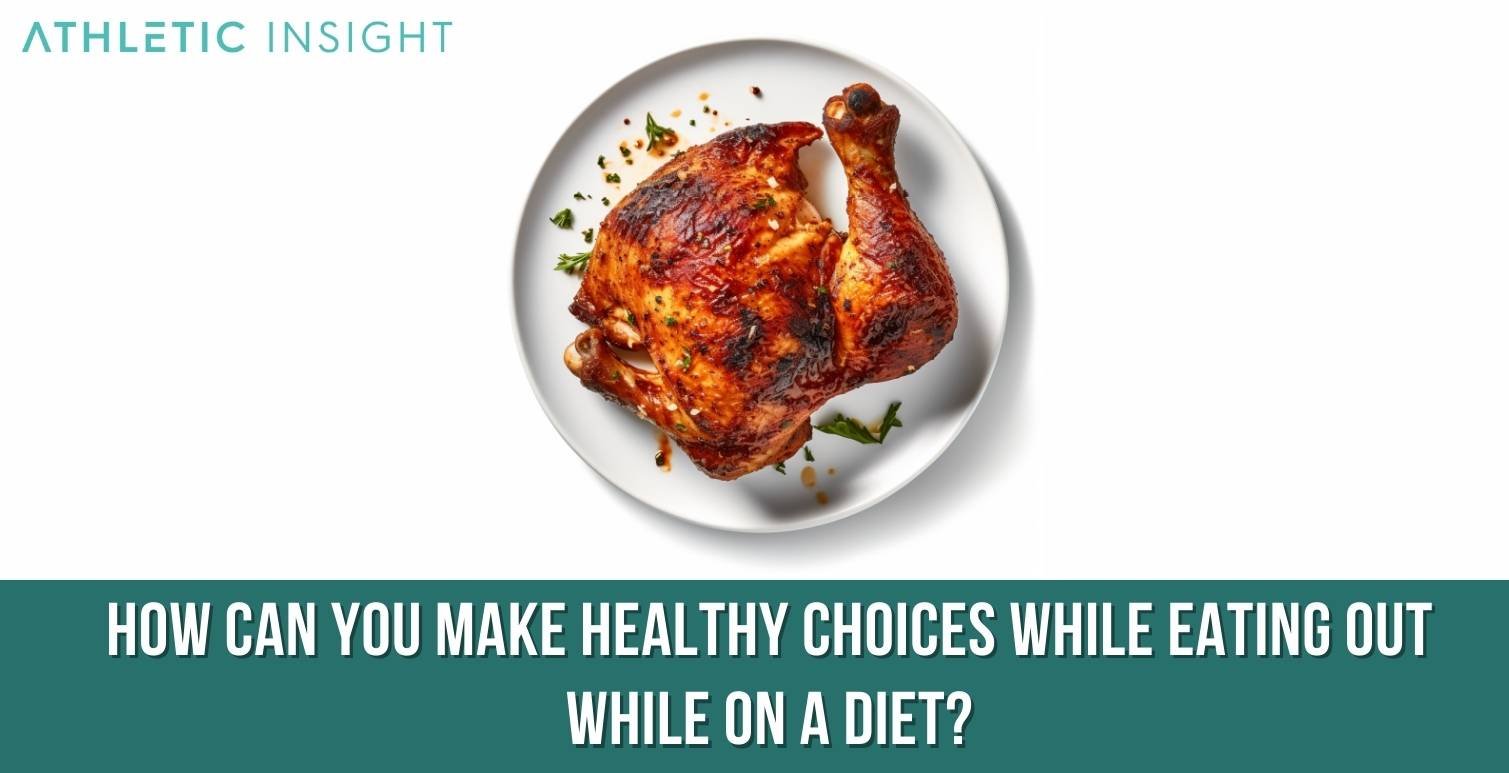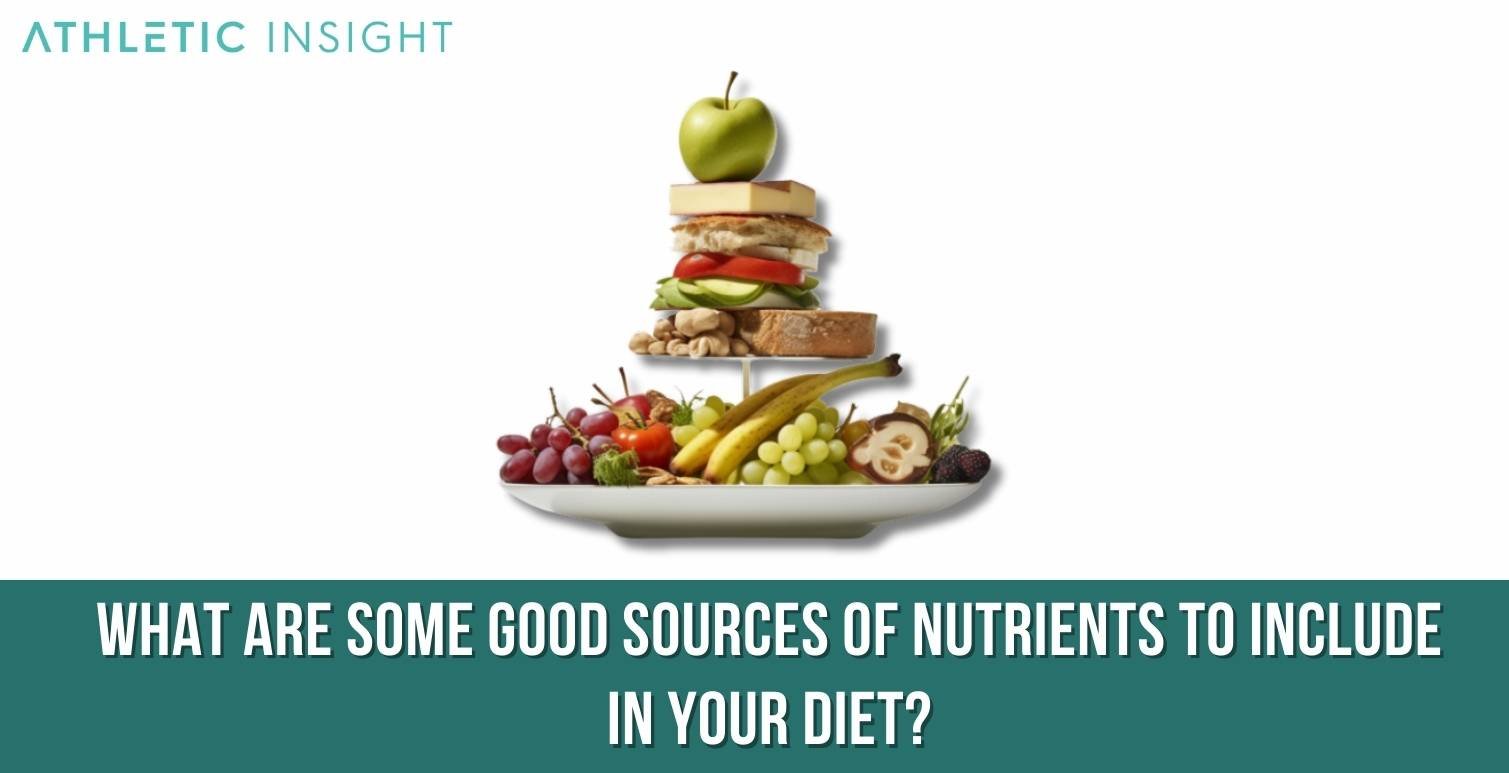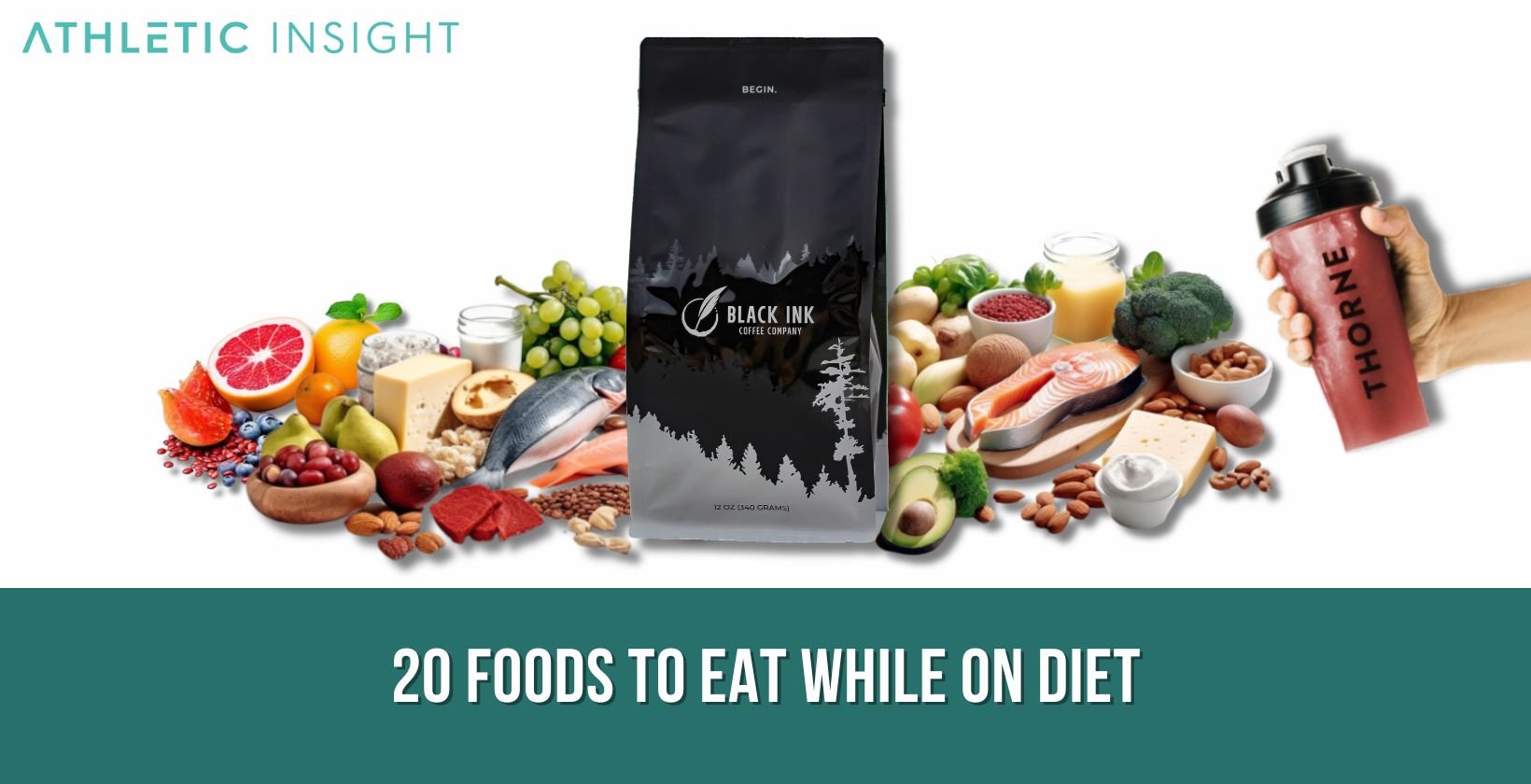The journey of weight loss is one not just of calorie counting, but also of smart food choices. It is a common misconception that losing weight entails severe food deprivation. Rather, the secret lies in knowing what to eat. Nutrient-dense foods – rich in protein, fiber, and healthy fats – play a critical role in any diet, keeping hunger at bay and promoting overall well-being.
This article highlights 20 food items that can prove beneficial for weight loss. Each of them can be incorporated into any meal plan easily. Their benefits extend beyond weight loss, contributing positively to overall health. The article also provides insights into how these foods work within a diet plan.
1. Leafy greens
Leafy greens like spinach, kale, and swiss chard are nutrient-dense foods that are low in calories but high in dietary fiber, antioxidants, vitamins, and minerals. These characteristics make them excellent choices for those looking to lose weight or maintain a healthy weight. Dietary fiber aids in digestion and keeps you feeling fuller for longer, thereby reducing overeating. A salad with a variety of leafy greens can be a low-calorie yet satisfying meal.
2. Lean proteins
Lean proteins, such as skinless chicken, turkey, fish, and tofu, can help promote weight loss and muscle mass maintenance. Protein has a high thermic effect, meaning your body uses more energy to digest it compared to fats and carbohydrates. This can result in increased calorie burning. Furthermore, protein keeps you feeling full, which can help reduce overall food intake. A grilled chicken breast or baked fish can be a delicious and nutritious addition to your meal.
3. Whole grains
Whole grains like brown rice, quinoa, and whole wheat bread are rich in dietary fiber. This helps control blood sugar levels, reduces hunger pangs, and promotes better digestion. Whole grains are also packed with other essential nutrients, including B vitamins, iron, folate, selenium, potassium, and magnesium. A serving of brown rice or quinoa can add volume to your meal without adding too many calories.
4. Low-fat dairy products
Low-fat dairy products such as skim milk, low-fat cheese, and Greek yogurt are excellent sources of calcium and protein. These nutrients can aid in weight loss by enhancing fat metabolism and promoting satiety. Greek yogurt, in particular, contains probiotics that can improve gut health and enhance the immune system. A cup of low-fat Greek yogurt can be a delicious and filling snack or dessert.
5. Smoothies made with fruit and vegetables
Smoothies made with fruits and vegetables can serve as a nutritious meal replacement or snack. They’re an excellent way to get a variety of nutrients in one serving. When made with whole fruits, vegetables, and a protein source like Greek yogurt or protein powder, these smoothies can keep you full and satisfied. A spinach and banana smoothie can be a refreshing and filling option.
6. Legumes
Legumes such as beans, lentils, and chickpeas are high in protein and fiber, making them excellent weight loss foods. They can promote feelings of fullness and control blood sugar levels. In addition, they’re packed with vital nutrients like iron, magnesium, and potassium. A bowl of lentil soup or a chickpea salad can be an excellent meal option.
7. Non-starchy vegetables
Non-starchy vegetables like broccoli, bell peppers, and zucchini are low in calories and high in fiber. This means they can fill you up without adding many calories to your meal. Moreover, they’re packed with vitamins, minerals, and antioxidants. You can enjoy them raw, steamed, roasted, or grilled. For example, a stir-fry with bell peppers and broccoli can be a tasty, low-calorie meal.
8. Dark chocolate
Dark chocolate with at least 70% cocoa is a great choice for a healthy dessert. It’s lower in sugar than milk chocolate and contains fiber, iron, and powerful antioxidants. In moderation, dark chocolate can satisfy sweet cravings and even improve heart health. A small piece of high-quality dark chocolate can be a guilt-free treat.
9. Soups
Soups can be an excellent part of a weight loss diet. They’re typically high in water and fiber, which can keep you feeling full and satisfied. Opt for soups that are broth-based and packed with vegetables. Avoid cream-based soups, which are often high in calories and saturated fat. A bowl of vegetable soup can be a warm and comforting meal.
10. Unsweetened Tea
Unsweetened tea is virtually calorie-free and can boosts your metabolism, aiding in weight loss. Tea normally contains caffeine, which can increase energy expenditure and improve physical performance. A cup of green tea can be a good pick-me-up in the morning or afternoon.
11. Eggs
Eggs are one of the best sources of high-quality protein, and they’re also rich in essential vitamins and minerals. They can make you feel full and satisfied, which can lead to reduced calorie intake throughout the day. A hard-boiled egg or an omelet can be a nutritious, protein-packed meal option.
12. Avocado
Avocados are high in heart-healthy monounsaturated fats and fiber, making them excellent for weight loss. They can help you feel full, reduce the desire to eat, and improve nutrient absorption. You can add sliced avocado to salads or use it as a spread on whole-grain toast.
13. Greek yogurt
Greek yogurt is high in protein and calcium. It’s also packed with probiotics that can improve gut health. It’s more concentrated than regular yogurt, meaning it can keep you feeling full and satisfied for longer. You can enjoy it as a snack, dessert, or as a base for smoothies and parfaits.
14. Nuts and seeds
Nuts and seeds such as almonds, walnuts, chia seeds, and flaxseeds are high in fiber and healthy fats. They can keep you feeling full and provide a dose of essential nutrients. However, they’re also high in calories, so it’s important to consume them in moderation. A small handful of nuts can be a nutritious, filling snack.
15. Herbs and spices
Herbs and spices like turmeric, ginger, garlic, and cinnamon can add flavor to your meals without adding extra calories or sodium. Many of them also have anti-inflammatory and antioxidant properties. Including a variety of herbs and spices in your meals can make healthy eating more enjoyable.
16. Water-rich foods
Water-rich foods like cucumbers, watermelon, oranges, and strawberries can help keep you hydrated and full. They’re also packed with vitamins, minerals, and antioxidants. A cucumber salad or a bowl of watermelon can be a refreshing, low-calorie snack or dessert.
17. Coffee
Coffee is a zero calorie beverage that has many benefits when it comes to dieting. From appetite suppression, increased metabolism, enhanced physical performance, thermogenic effects and antioxidant content, coffee remains one of the best beverages to consume while dieting. Very few foods and drinks on this list aid in appetite suppression, energy, and increased metabolic states, yet coffee does all three.
18. Air-popped popcorn
Air-popped popcorn is a low-calorie, whole grain snack that’s high in fiber. It can be a great alternative to high-calorie, processed snacks. Just avoid adding too much salt or butter. A bowl of air-popped popcorn can be a satisfying, crunchy snack.
19. Berries
Berries like strawberries, blueberries, and raspberries are low in calories and high in fiber, vitamins, and antioxidants. They can satisfy your sweet tooth and help you feel full. You can enjoy them on their own, add them to your yogurt or smoothies, or use them as a topping for whole-grain pancakes or oatmeal.
20. Steel-cut oats
Steel-cut oats are a whole grain that’s high in fiber and protein. They have a lower glycemic index than rolled oats, which means they’re less likely to spike your blood sugar levels. They can keep you feeling full and provide sustained energy. A bowl of steel-cut oats with berries and a sprinkle of cinnamon can be a filling, nutritious breakfast.
What more to know about Foods to Eat While on a Diet?
The foods listed above not only aid in weight loss but also contribute to overall health by providing essential nutrients and promoting good gut health. However, it’s crucial to remember that portion control and balance are keys to a successful diet. A diet focused on a variety of nutrient-rich, whole foods coupled with regular physical activity is the most effective path to weight loss and health improvement.
How can you make healthy choices while eating out while on a diet?
Choosing healthy options while dining out can be challenging, but not impossible. Here are some tips to follow that will help alleviate the difficulty of sticking to a healthy routine while eating out.

- Opt for grilled, baked, or steamed dishes instead of fried.
- Choose dishes with plenty of vegetables.
- Avoid oversized portions; consider sharing your meal or ask for a to-go box right away and save half for later.
- Steer clear of high-calorie drinks and opt for water, unsweetened tea, or a small glass of wine.
- Don’t be afraid to make special requests. Many restaurants are willing to modify dishes to accommodate dietary needs.
What are some good options for breakfast while on a diet?
Healthy breakfast options might include a bowl of steel-cut oats topped with berries and a sprinkle of nuts, a Greek yogurt parfait with fruit and granola, or a veggie-packed omelet with a side of avocado. These meals are high in protein and fiber, which can keep you feeling full and satisfied throughout the morning.
What are some good options for lunch while on a diet?
For lunch, consider a leafy green salad with grilled chicken, cherry tomatoes, cucumber, and a vinaigrette dressing, a bowl of vegetable soup with a side of whole-grain bread, or a quinoa salad with a variety of vegetables and a lean protein. These meals are packed with nutrients and should provide sustained energy for the rest of the day.
What are some good options for dinner while on a diet?
Dinner options could include grilled salmon with a side of quinoa and steamed broccoli, a lean steak with sweet potato and a green salad, or a stir-fry with plenty of colorful vegetables and tofu or shrimp. These balanced meals should help to keep you satisfied while providing the nutrients your body needs.
What are some good sources of vitamins and minerals to include in your diet?
Fruits and vegetables are excellent sources of many vitamins and minerals, including vitamin C, potassium, and folate. Whole grains provide B vitamins and minerals like iron, magnesium, and selenium. Dairy products are a great source of calcium and vitamin D, while lean proteins provide B vitamins, iron, and zinc.
What are some good sources of nutrients to include in your diet?
As mentioned, fruits, vegetables, whole grains, lean proteins, and dairy products are excellent sources of a wide range of nutrients. Nuts and seeds are also a good source of healthy fats, fiber, and protein. Legumes, like beans and lentils, provide a good dose of protein, fiber, and a variety of minerals.

What are some good sources of healthy fats to include in your diet while on a diet?
Healthy fats are an essential part of a balanced diet. Avocados, olives, nuts, and seeds, fatty fish like salmon and mackerel, and oils like olive and canola oil are all excellent sources of heart-healthy monounsaturated and polyunsaturated fats. These fats can help reduce the risk of heart disease and lower cholesterol levels when they replace saturated fats in your diet.
Should you avoid skipping meals while on a diet?
Yes, skipping meals is generally not recommended while dieting. When you skip a meal, you’re likely to become overly hungry and may end up overeating at your next meal. Regular meals and snacks can help regulate your appetite and keep your metabolism humming. If you find it hard to eat full meals, try eating smaller amounts more frequently throughout the day.
Should you limit your intake of high-calorie foods while on a diet?
Yes, it’s a good idea to limit your intake of high-calorie foods when you’re trying to lose weight. These often include processed foods high in added sugars and unhealthy fats. However, remember that not all high-calorie foods are bad. Foods like avocados, nuts, seeds, and fatty fish are high in calories but packed with nutrients and should be part of a balanced diet. It’s more about the quality of the calories rather than just the quantity.



